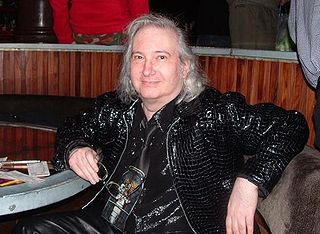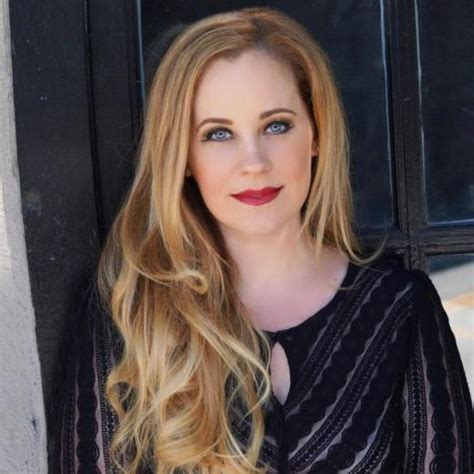A Quote by Anton Szandor LaVey
The ecclesiastical description of Hell is that of a horrible place of fire and torment; in Dante's Inferno, and in northern climes, it was thought to be an icy cold region, a giant refrigerator.
Related Quotes
The inferno of the living is not something that will be; if there is one, it is what is already here, the inferno where we live every day, that we form by being together. There are two ways to escape suffering it. The first is easy for many: accept the inferno and become such a part of it that you can no longer see it. The second is risky and demands constant vigilance and apprehension: seek and learn to recognize who and what, in the midst of inferno, are not inferno, then make them endure, give them space.
when ... I've thought of madness, it seems most easily explained to me as poetry in action. A life of symbol rather than reality. On paper one can understand Gulliver, or Kafka, or Dante. But let a man go about behaving as if he were a giant or a midget, or caught in a cosmic plot directed at himself, or in heaven or hell, and we feel horror - we want to disavow him to proclaim him as far removed as possible from ourselves.
In a way, that's also a recognition that Dante needs Virgil and that the Inferno needs the Aeneid and that the epic needs a model and that for Dante to write this great poem he needs someone to come before him and he turns to Virgil's text, especially book six where Aeneas goes down into the underworld. And for me, that's a model of the poet's relationship to previous poetry, to another poetry as calling out for guidance.

































